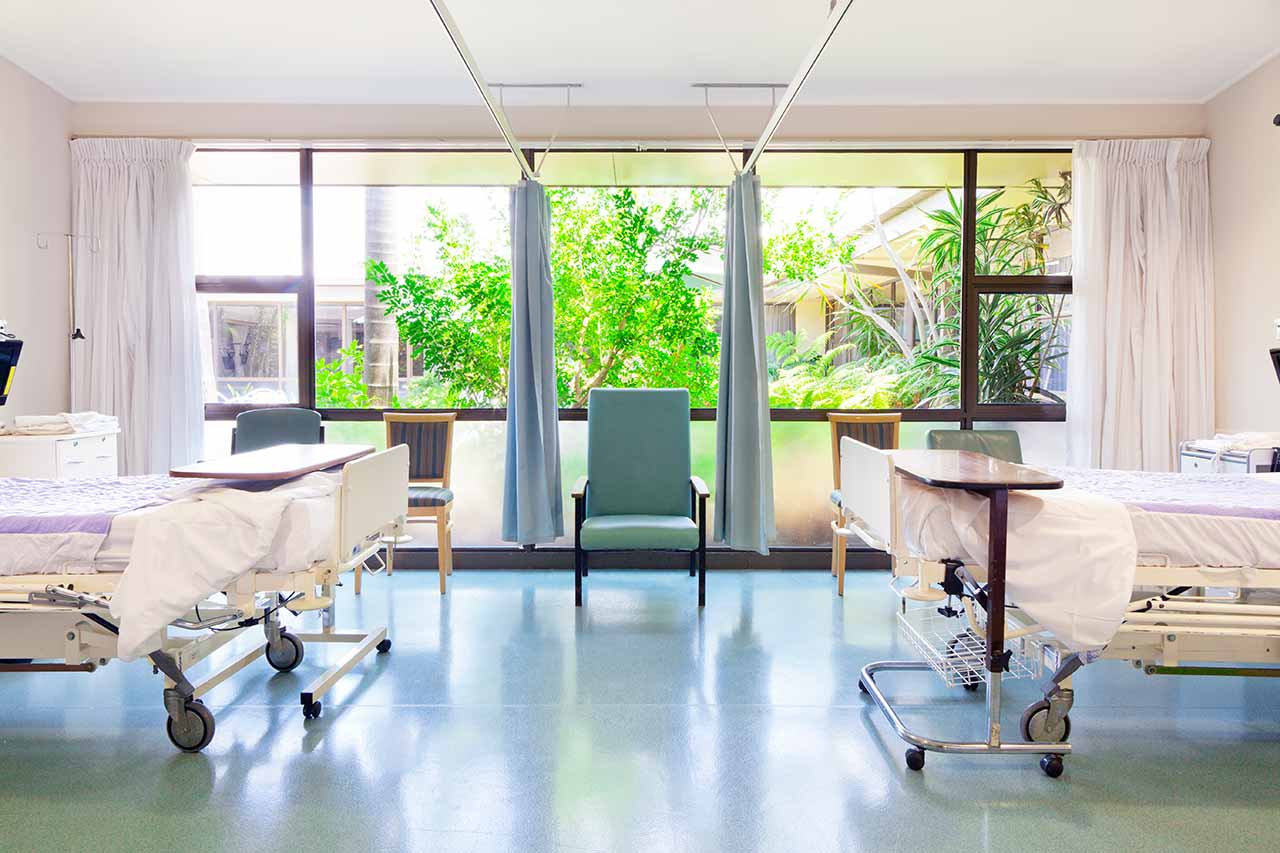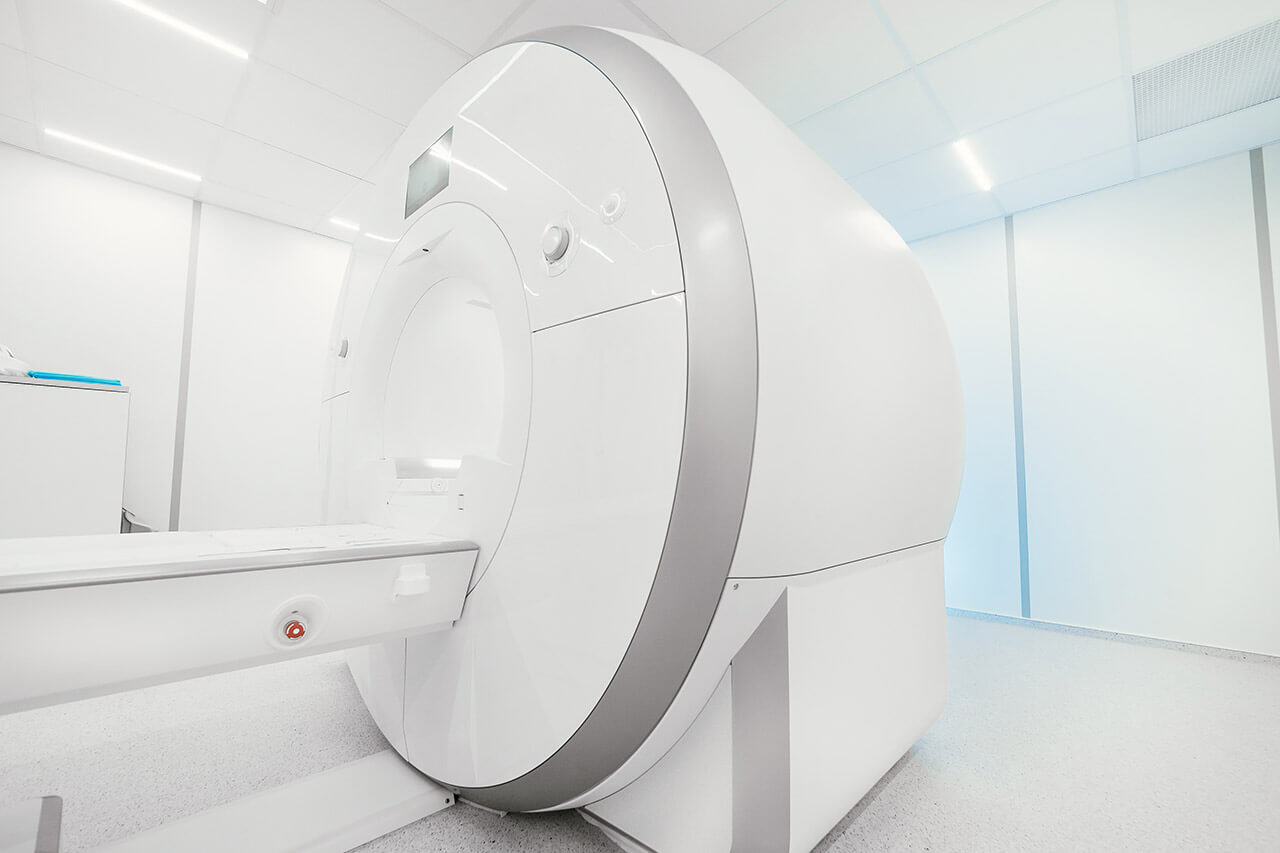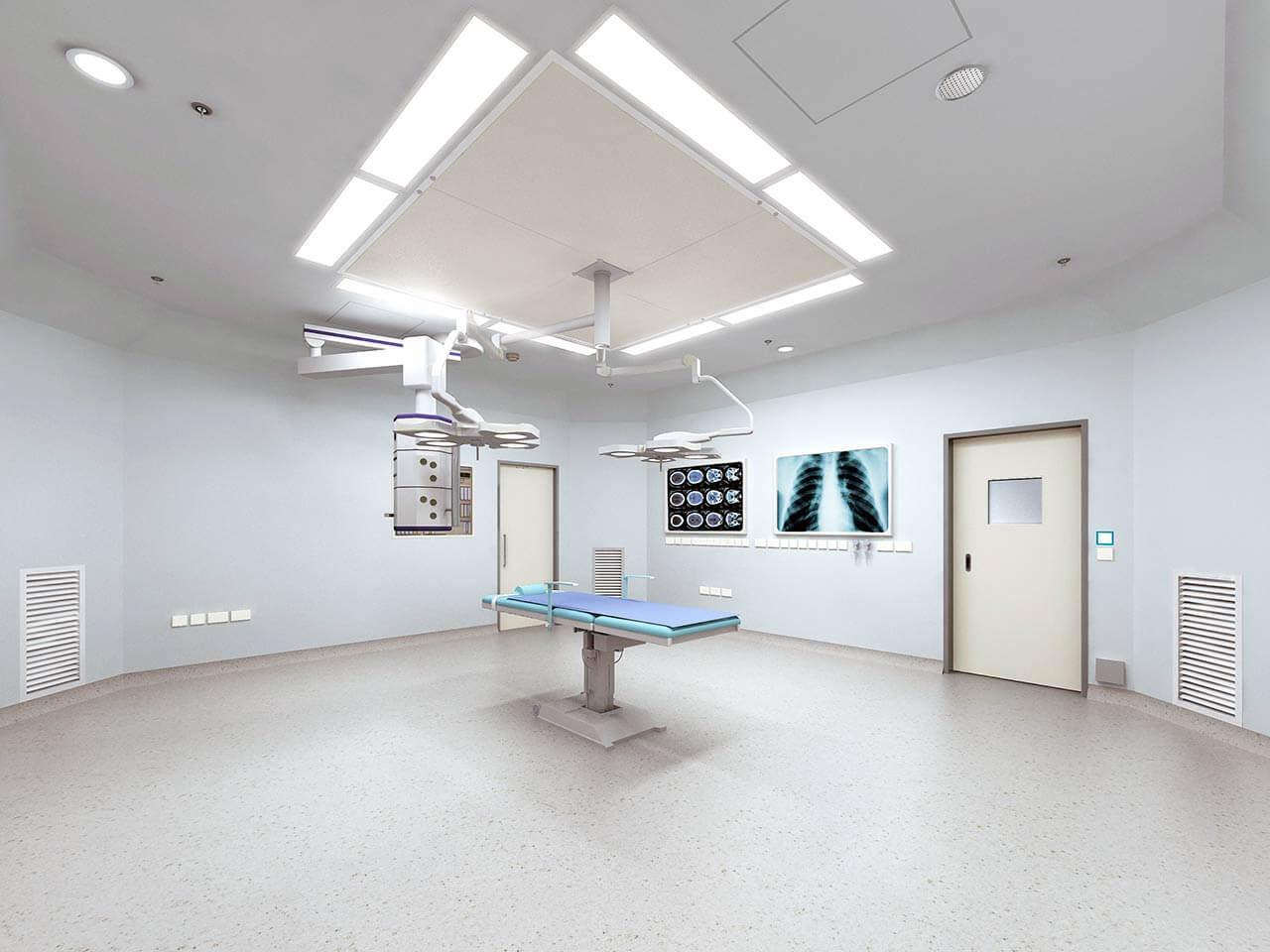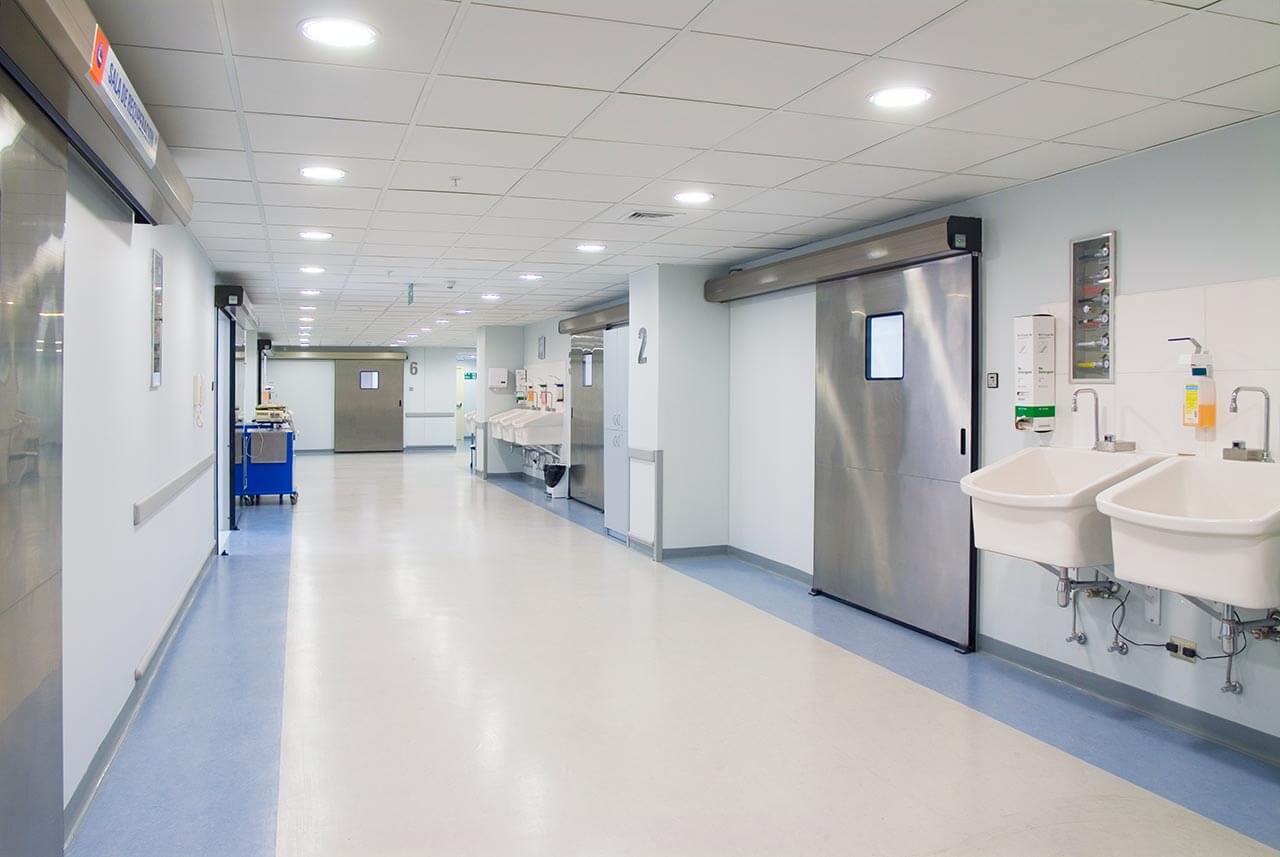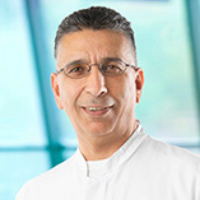
The program includes:
- Initial presentation in the clinic
- clinical history taking
- physical examination
- review of medical records
- laboratory tests:
- complete blood count
- general urine analysis
- biochemical analysis of blood
- indicators of inflammation
- indicators blood coagulation
- ultrasound of the urogenital system
- preoperative care
- sclerotherapy
- symptomatic treatment
- control examinations
- cost of essential medicines and materials
- nursing services
- full hospital accommodation
- explanation of future recommendations
Required documents
- Medical records
- Ultrasound scan (if available)
Service
You may also book:
 BookingHealth Price from:
BookingHealth Price from:
About the department
The Department of Adult and Pediatric Urology at the Eichsfeld Hospital Heilbad Heiligenstadt provides all the options of modern medicine for the diagnostics and treatment of diseases of the kidneys, ureters, bladder, urethra, prostate and testicles. The department specializes not only in the treatment of young, middle-aged and elderly patients, but also deals with the treatment of children with urologic diseases. The medical facility began its work in 1965 and during this time has won an excellent reputation in the German medical arena. The department provides conservative and surgical treatment of various urologic diseases, with the exception of kidney transplant surgery. The key focus of the department's clinical practice is on the treatment of oncological diseases: prostate, testicular, penile, kidney and bladder cancers. The treatment of urinary incontinence in women and men is also an important part of the specialists' work. The department's doctors regularly demonstrate high treatment success rates in patients with benign prostatic hyperplasia. In most cases, the operations for urologic diseases are performed using low-traumatic surgical techniques, eliminating the need for a full-fledged major surgery. The department has 53 beds for patient hospitalization. The Head Physician of the department is Dr. med. Aktham Al-Ani.
The medical facility is proud of its state-of-the-art medical equipment. The department's diagnostic rooms have systems for digital radiography and 3D ultrasound scanning, while operating rooms are equipped with laser systems, argon beamers, systems for extracorporeal shock wave lithotripsy, and all the necessary instruments for microsurgical and endoscopic interventions. The advanced technical base allows the department's doctors to offer patients effective treatment at a high European level. It is extremely important for the department's specialists to cure the pathology or to achieve a stable remission and return the patient to his habitual way of life. All medical services are patient-centered, and focused on meeting his individual needs and wishes.
The main clinical interest for the department's doctors includes the treatment of malignant diseases of the prostate, testicles, penis, kidneys and bladder. Depending on the particular diagnosis and the results of the preliminary diagnostics, an optimal treatment regimen is developed, the purpose of which is to completely cure cancer, as well as to ensure a high quality of life without pain and restrictions in everyday life. The department's therapeutic options include surgical tumor resection (in most cases, with the use of minimally invasive techniques), targeted therapy, chemotherapy, radiation therapy, hormone therapy, and supportive care. As a rule, doctors combine several therapeutic methods in order to achieve a successful result, but the treatment is based on the surgical removal of the tumor, and sometimes of the entire affected organ. For example, advanced bladder cancer may require resection (radical cystectomy). In such cases, the specialists additionally use reconstructive techniques – the formation of an orthotopic bladder from intestinal tissues. In the event of removal of the affected testicle, it is also possible to carry out organ prosthetic repair.
The team of the department's urologists is also proud of its competence in the treatment of urinary incontinence in women and men. Since pathology is more common in women, gynecologists are involved in the therapeutic process. The diagnostics of pathology is carried out on an outpatient basis. The specialists carry out urodynamic testing, cystography, cystoscopy, ultrasound scans, laboratory tests. Should the diagnosis be confirmed, doctors begin treatment planning. The first-line treatment usually includes pharmacotherapy, special therapeutic exercises, biofeedback, and other conservative methods. For complex and advanced forms of urinary incontinence, the department's specialists recommend surgical treatment: TOT and TVT sling procedures, as well as Burch colposuspension. Sometimes botox injections are an alternative to surgery. The department also performs surgery to repair pelvic organ prolapse in women.
The team of the department's doctors often deals with the treatment of benign prostatic hyperplasia. The pathology is benign, but the neoplasm tends to grow, and therefore, without timely treatment, it can cause severe urinary disorders up to acute urinary retention. The department's therapeutic offer in this field includes laser treatment (RevoLix DUO and ThuLEP devices) and transurethral resection of the prostate (TURP). The optimal type of therapy is selected by the department's doctors individually, based on the results of the preliminary diagnostics.
A special focus of the department's clinical activities is also on the treatment of urologic diseases in children. The treatment, including surgical one, often takes place on an outpatient basis, so the child does not need a hospital stay. The most common urinary system and reproductive system disorders in boys include enuresis, hypospadias, phimosis, undescended testes, testicular torsion, renal pelvis outflow stenosis, vesicoureteral reflux, and recurrent urinary tract infections. The department's doctors successfully cope with all of the above-mentioned pathologies with the use of modern and low-traumatic treatments.
The department's main clinical focuses include:
- Diagnostics and treatment of oncological diseases of the genitourinary system and male reproductive system
- Prostate cancer
- Testicular cancer
- Penile cancer
- Kidney cancer
- Bladder cancer
- Diagnostics and treatment of benign prostatic hyperplasia
- Diagnostics and treatment of urinary disorders
- Diagnostics and treatment of urogynecologic diseases
- Urinary incontinence
- Pelvic organ prolapse
- Diagnostics and treatment of kidney stone disease
- Diagnostics and treatment of erectile dysfunction
- Diagnostics and treatment of urologic diseases in children
- Hypospadias
- Phimosis
- Cryptorchidism (undescended testes)
- Testicular torsion
- Pelvic stenosis
- Vesicoureteral reflux
- Enuresis
- Diagnostics and treatment of other diseases
The department's therapeutic options include:
- Conservative treatment
- Pharmacotherapy
- Chemotherapy, radiation therapy, targeted therapy and hormone therapy for urologic cancers
- Extracorporeal shock wave lithotripsy for crushing kidney and bladder stones
- Botox injections for urinary incontinence
- Laser removal of genital warts
- Surgery
- Radical prostatectomy for prostate cancer treatment
- Transurethral resection of bladder tumors, laser coagulation of bladder and ureter tumors, as well as radical cystectomy (bladder removal) followed by plastic surgery to form an artificial bladder
- Organ-preserving surgery for kidney tumor resection and radical nephrectomy (open) for large kidney tumors
- Inguinal orchiectomy and partial testicular resection for testicular cancer, as well as testicular prosthetic repair after resection
- Total and partial penectomy, circumcision and laser treatment of small superficial penile tumors in case of penile cancer
- Transurethral resection of the prostate, Revolix-Duo-LASER therapy, endoscopic holmium enucleation for prostatic hyperplasia ThuLEP and implantation of a special stent (extremely rare) for benign prostatic hyperplasia
- Penile implant surgery for erectile dysfunction
- Surgery for urinary disorders
- TOT and TVT sling procedures and Burch colposuspension for urinary incontinence in women
- Surgery for urologic diseases in children: circumcision, frenuloplasty, orchidopexy, hypospadias surgical repair, plastic surgery for pelvic stenosis
- Other treatment methods
Curriculum vitae
Dr. med. Aktham Al-Ani is the Head of the Department of Adult and Pediatric Urology at the Eichsfeld Hospital Heilbad Heiligenstadt. The specialist has vast experience in the treatment of the full range of urologic diseases. Of particular interest to him is the treatment of urinary incontinence in women and men. The doctor is certified by the German Continence Society, which confirms his high competence in this field. In addition, Dr. Aktham Al-Ani is a recognized specialist in the treatment of prostate, testicular, kidney and bladder cancers.
Photo of the doctor: (c) Eichsfeld Klinikum
About hospital
The Eichsfeld Hospital Heilbad Heiligenstadt is a reputable medical facility, whose patients can undergo high-quality diagnostics and treatment in accordance with European standards. The medical facility is an Academic Hospital of the University of Goettingen, so many local doctors are actively engaged in research activities and can offer patients innovative treatment methods that are available only in leading medical centers in Germany.
The hospital has ten highly specialized departments, which are responsible for the diagnostics and treatment of a specific group of diseases. The hospital provides modern treatment of diseases of the heart, gastrointestinal tract, musculoskeletal system, female and male reproductive system, as well as diseases in children. The hospital has 352 beds. Patients also receive many medical services on an outpatient basis.
The hospital employs a highly professional team of doctors, each of whom strives to provide the patients with effective, most sparing and safe treatment in a comfortable environment. The specialists are distinguished not only by their successful clinical experience, but also by their approach to treatment – the patient and his health always come first. The doctors and nursing staff are sympathetic to the individual needs and wishes of their patients. The specialists are always ready to help, advise and answer questions of interest.
The hospital is justly proud of its modern technical base. The medical facility has diagnostic rooms with state-of-the-art equipment for laboratory and endoscopic examinations, operating rooms with everything necessary to perform minimally invasive and open surgeries, treatment rooms with advanced laser systems, etc. All this allows for high-precision diagnostics and treatment in accordance with the very latest standards of world medicine.
The exceptional quality of the hospital's medical services is confirmed by the prestigious Cooperation for Transparency and Quality in Healthcare (KTQ) certificate. In addition, an undeniable evidence of the high status of the hospital is the constantly growing number of patients who entrust their health to its doctors.
Photo: (с) depositphotos
Accommodation in hospital
Patients rooms
The patients of the Eichsfeld Hospital Heilbad Heiligenstadt live in comfortable single and double rooms with a modern design. Each patient room has an ensuite bathroom with shower and toilet. The furnishing of the patient rooms includes an automatically adjustable bed, a bedside table, a wardrobe, a TV and a telephone. The patient can connect to Wi-Fi, if desired.
The hospital also offers accommodation in enhanced-comfort rooms. Such patient rooms are more spacious, additionally equipped with upholstered furniture, a safe and a mini fridge. The bathroom of the enhanced comfort rooms has changeable towels and toiletries.
Meals and Menus
The hospital provides its patients with three delicious and healthy meals a day: breakfast, lunch and dinner. Diet meals are provided for each meal. If for some reason you do not eat all the foods, you will be offered an individual menu.
Those patients living in enhanced-comfort rooms are offered a wider range of meals. Fresh fruit is delivered to the room every morning, as well as tea and coffee can be ordered throughout the day.
In addition, the hospital has a cozy cafeteria where one can taste delicious European cuisine, enjoy a cup of tea, coffee or cappuccino with a wonderful dessert.
Further details
Standard rooms include:
Television
During an inpatient stay, each patient can use a telephone, a TV and the Internet. Please inform the medical staff about your desire to use these services at the time of admission to the hospital. The base rate is 1.60 € per day and includes the use of the TV in the patient room.
The Internet is available in almost all patient rooms of the hospital. Reservations are made upon admission to inpatient treatment or in the information department. Access is provided with a password for a fee of 3 € for every 300 MB.
Religion
The hospital regularly hosts Catholic divine services. Other religious services are available upon request.
Accompanying person
Your accompanying person may stay with you in your patient room or at the hotel of your choice during the inpatient program.
Hotel
You may stay at the hotel of your choice during the outpatient program. Our managers will support you for selecting the best option.
